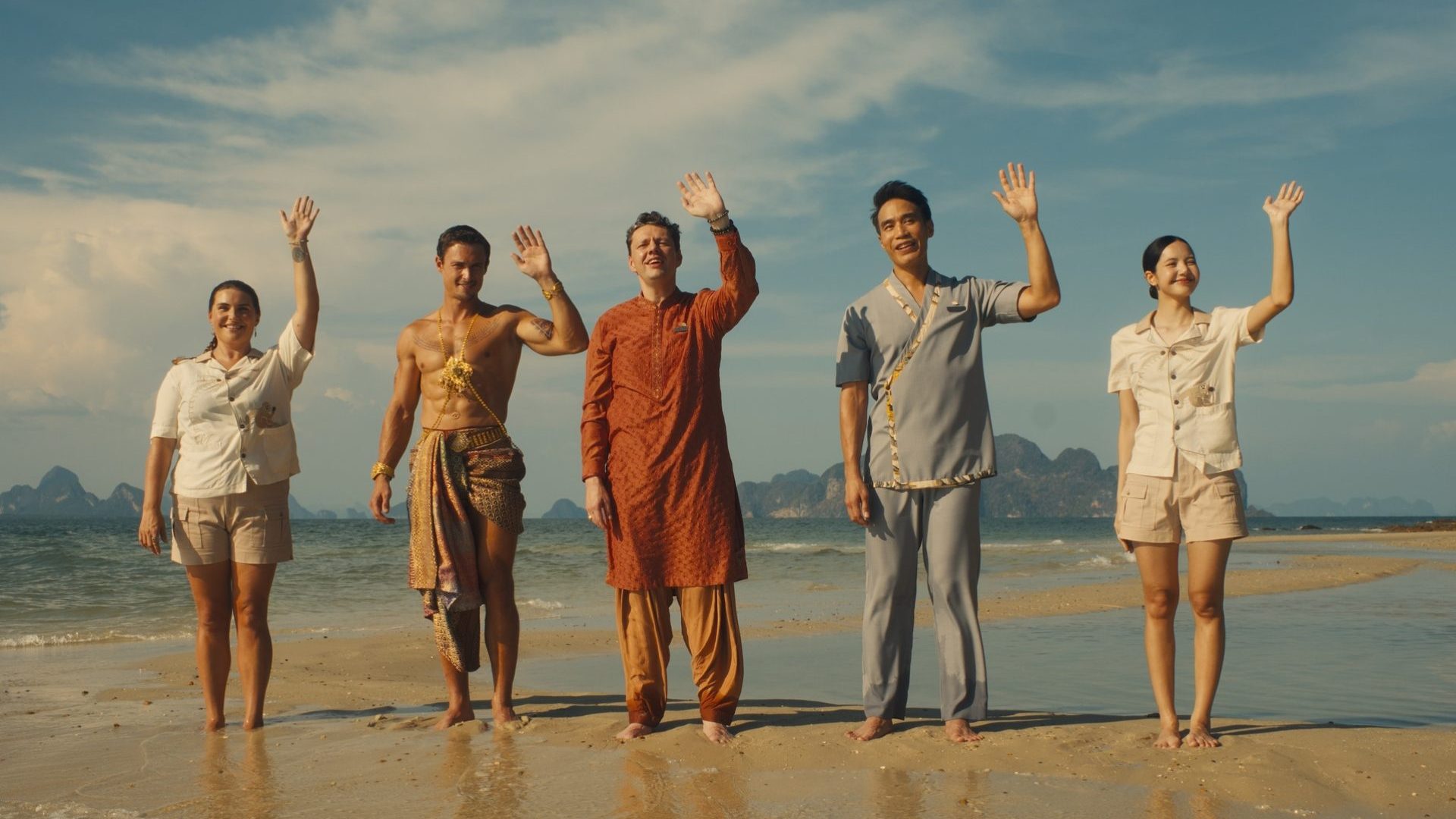
“Cheers to Thailand, self-care, monkeys and new memories.” Mike White’s latest whodunit, set on Thailand’s Koh Samui island, takes aim at wellness travel. Editor Tayla Gentle unpacks the first episode’s commentary on for-profit spirituality.

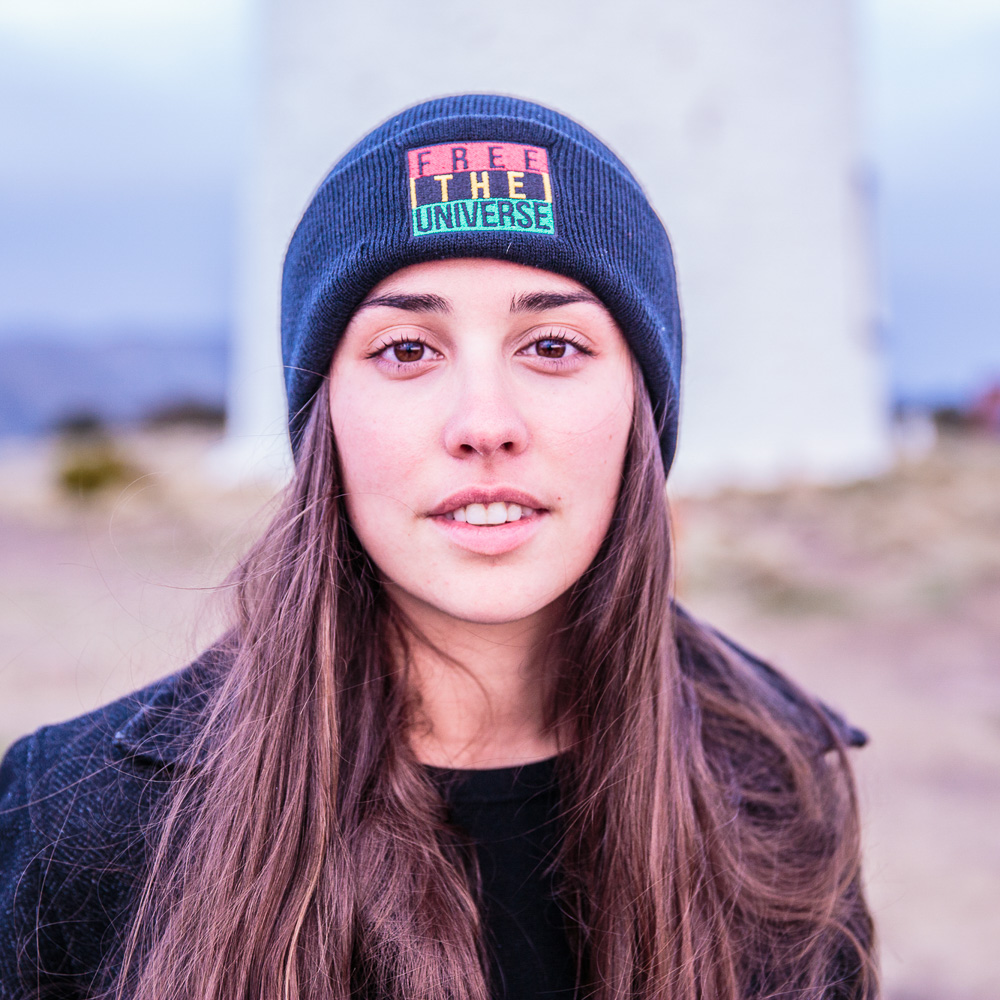
“Cheers to Thailand, self-care, monkeys and new memories.” Mike White’s latest whodunit, set on Thailand’s Koh Samui island, takes aim at wellness travel. Editor Tayla Gentle unpacks the first episode’s commentary on for-profit spirituality.
In this latest season, The White Lotus sticks to its emblematic opening gambit: Motley crew of rich castaways journey to luxury island; uniformed hotel staff roll eyes; dead body surfaces.
But this time, it’s a different group of castaways, a different island and a different, albeit still anonymous, dead body. Mike White’s newest episodic whodunit takes us to Thailand’s Koh Samui where, like the greedy, hate-watching voyeurs we are, we get a glimpse inside one of WL’s ultra-luxe Asia resorts. More monkeys than Maui, less plazas (Aubrey and the cobblestone squares) than Sicily.
This week’s premiere episode also loudly states its intended travel industry takedown—wellness tourism.
Not to be confused with medical tourism, wellness tourism is considered any travel experience designed to boost your wellbeing—be it physical, mental or spiritual—while, somewhat ironically, also depleting your bank account. Who knew ‘grounding’ your feet in the earth could require a credit card deposit?
These wellness experiences can take many travel forms, from boxing boot camps under strict Thai drill sergeants to Japanese forest bathing retreats and full moon Himalayan yoga sabbaticals. Like horses? There’s probably a wellness ranch near you. Into plant medicine? The market is saturated with ‘shamans’.
Wellness tourism can often be found in bed with for-profit spirituality… we begin to see the trademark tells of local culture and religion, in this case both Buddhism and Hinduism, being co-opted, appropriated and plated up in a way that’s palatable to rich, white folk.
It’s also a majorly growing sector. According to the 2024 Global Wellness Institute, wellness tourism is a US$651 billion industry that’s set to expand by 16.6 per cent year on year through to 2027. I blame Elizabeth Gilbert. All her eating and praying and loving; Bali’s never been the same.
In this first episode alone, we’re introduced to the concepts of ‘digital detoxing’, ordering off the ‘spa menu’, ‘health mentors,’ and whatever-the-hell a ‘gentleman’s facial’ is. I don’t want to use my imagination. Or my search bar.
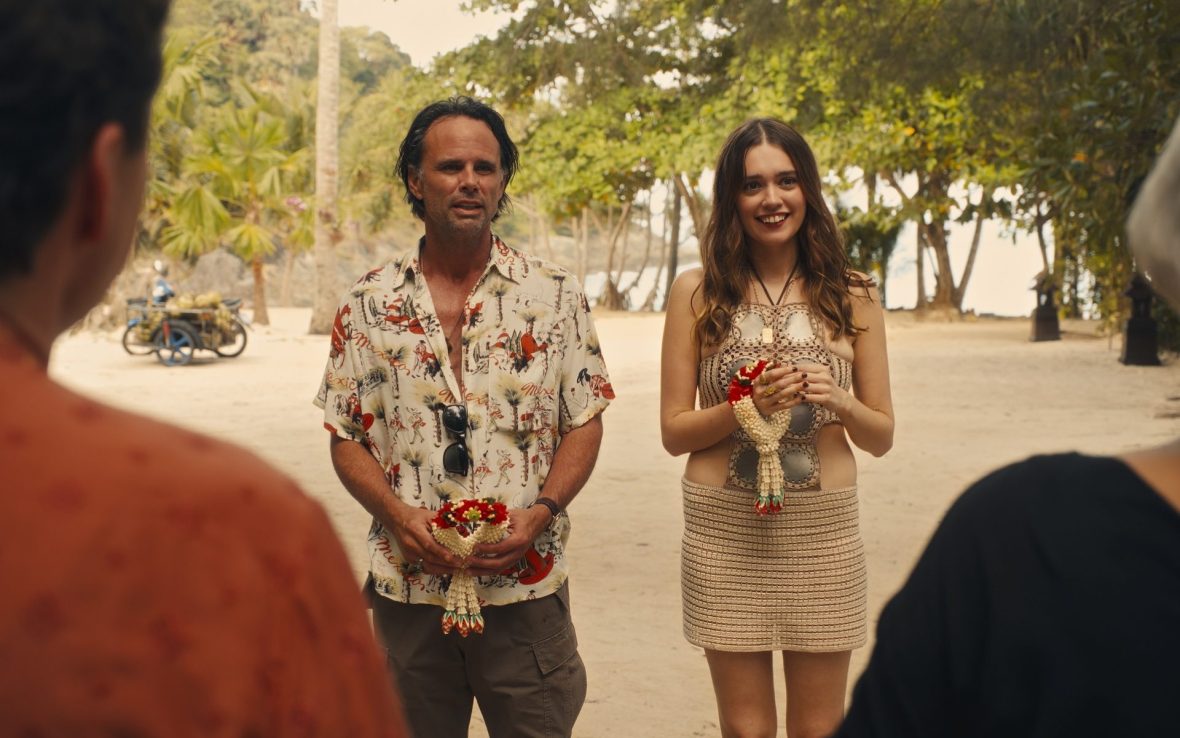
Koh Samui’s point of difference from its intercontinental franchise partners is that it’s also a world-class wellness center. So world-class that returning character Belinda (Natasha Rothwell), the Hawai’i White Lotus resort masseuse, is here to spend three months training with wellness expert, and very handsome Thai man, Pornchai (Dom Hetrakul). “I’m gonna learn everything I can, and bring the magic back to Maui,” she says. Or will she? Cue the foreshadowing.
Also fresh off the traditional junk boat is the Ratliff family, whose Southern niceties barely hide their workaholic tendencies, technology dependency and slightly incestuous inclinations. Yes, you read that right.
The Ratliffs—on Koh Samui at the request of their daughter Piper (Sarah Catherin Hook) who is writing a college thesis on Buddhism—didn’t exactly read the resort fine-print prior to arrival, and are, let’s say, disappointed by the phone-free policy and adamantly against the included biometric testing. An ambien is more effective than a sleep meditation anyway, ya’ll.
Chelsea (Aimee Lou Wood) from Manchester, on the other hand, is a seemingly free-spirited former yoga teacher who sees the spa menu as a cure for the ‘issues’ of her older, receding hairline of a boyfriend Rick (Walter Goggins). “I’m gonna help you get your joy back, even if it kills me,” she says. Ominous plot prognosticating aside, Chelsea is the kind of traveler who believes ‘self-care’ is a form of therapy. And she’s trying to therapize Rick right into a healthy attachment style.
Wellness tourism can often be found in bed with for-profit spirituality. And in this first episode, we begin to see the trademark tells of a local culture and religion, in this case both Buddhism and Hinduism, being co-opted, appropriated and plated up in a way that’s palatable to rich, white folk. Samsara meditation is now ‘stress management meditation’, FYI.
And Mr White is certainly not shying away from religious commentary this season either. The most extreme example so far is the rigid dichotomy between siblings Saxon (Patrick Schwarzenneger) and Piper Ratliff. Piper seems to be the only paying guest who is genuinely interested in deconstructing the ‘prison’ of her identity, spending the first evening listening to a monk’s teachings: “No man is spared this prison. Rich man, poor man, success or failure. We build the prison, lock ourselves inside, and throw away the key.”
Will any of these incredibly flawed characters better themselves over the course of the next seven episodes? Or will we, in truer White Lotus style, watch on as privilege eats itself, no matter how many massages the one per cent buy off the spa menu?
In contrast, Saxon believes “Buddhism is for people who want to suppress life. They’re afraid, they don’t get attached, don’t even try.” Saxon, the finance bro frat boi misogynist extraordinaire, believes happiness comes from attaining pussy, money, freedom and respect. In that order.
Mike White fills his island resorts with obscenely rich folk who believe their socio-economic status allows them to dictate destiny. They are their own gods, in a sense. But what we see season on season is that this money-centered approach to life sees good people die, at worst, or ruin themselves, at best.
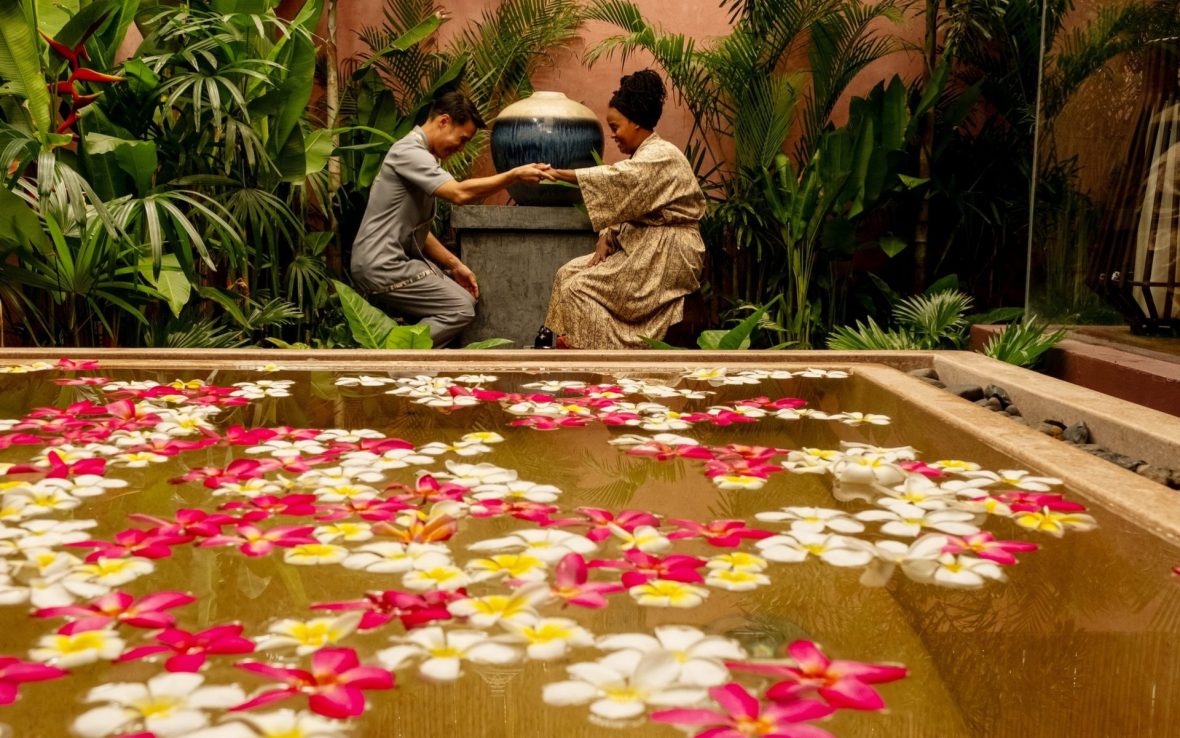
Will Piper find nirvana in the Noble Path or will she stumble at the first precept? Will any of these incredibly flawed characters better themselves over the course of the next seven episodes? Or will we, in truer White Lotus style, watch on as privilege eats itself, no matter how many massages the one per cent buy off the spa menu?
The White Lotus Thailand, while continuing its dissection of race, identity and class systems, is also highlighting the hypocrisy of wellness travel. Sure, some experiences can expand minds and broaden horizons, but can they do so under the most extreme influence of capitalism? Can Koh Samui’s wellness program instill positive change without exploiting the local community?
My takeaway so far: Self-care is, more often than not, self-serving.
****
Adventure.com strives to be a low-emissions travel publication. We are powered by, but editorially independent of, Intrepid Travel, the world’s largest travel B Corp, who help ensure Adventure.com maintains high standards of sustainability in our work and activities. You can visit our sustainability page or read our Contributor Impact Guidelines for more information.
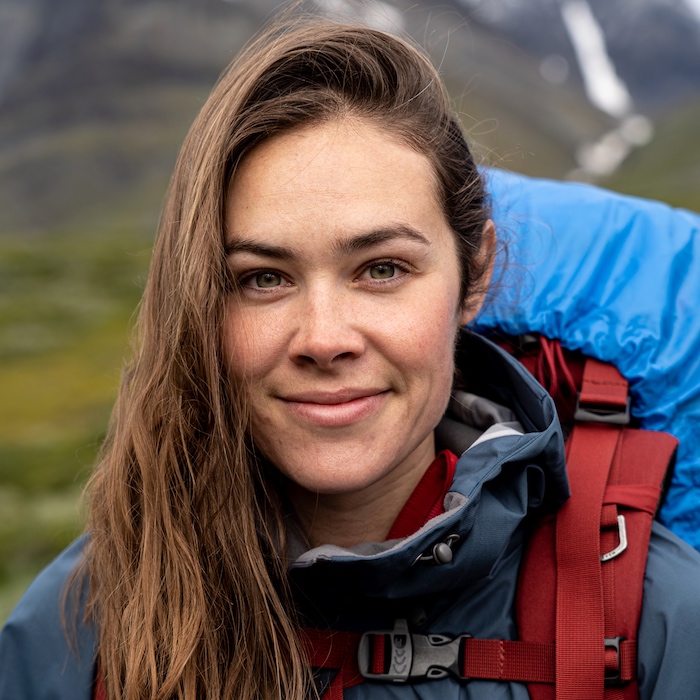



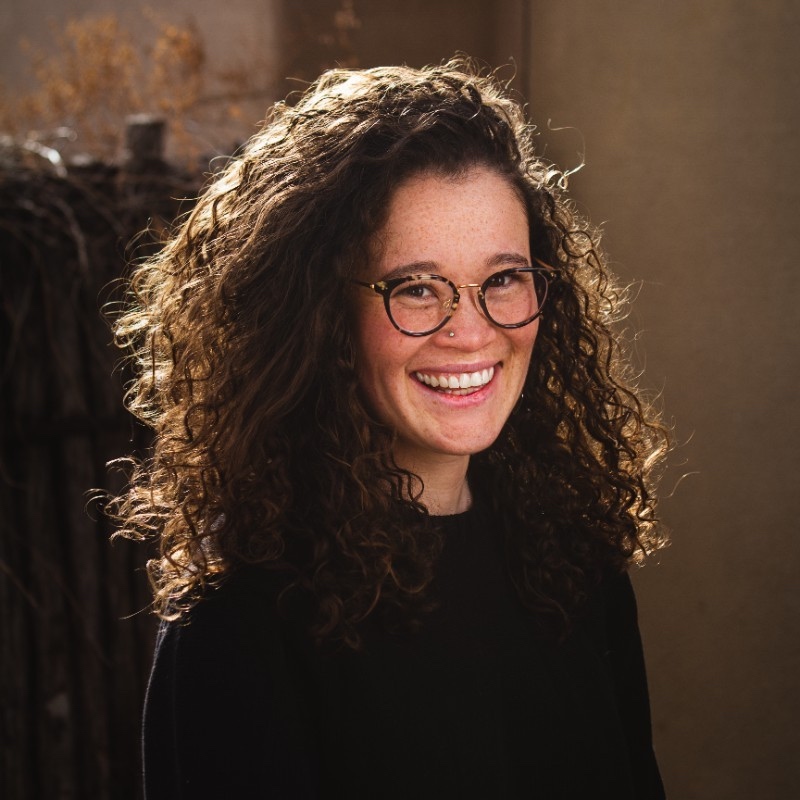

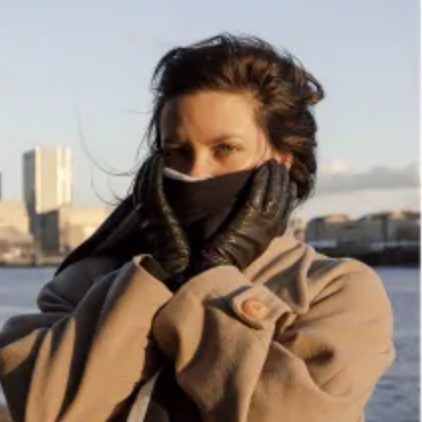

Can't find what you're looking for? Try using these tags: